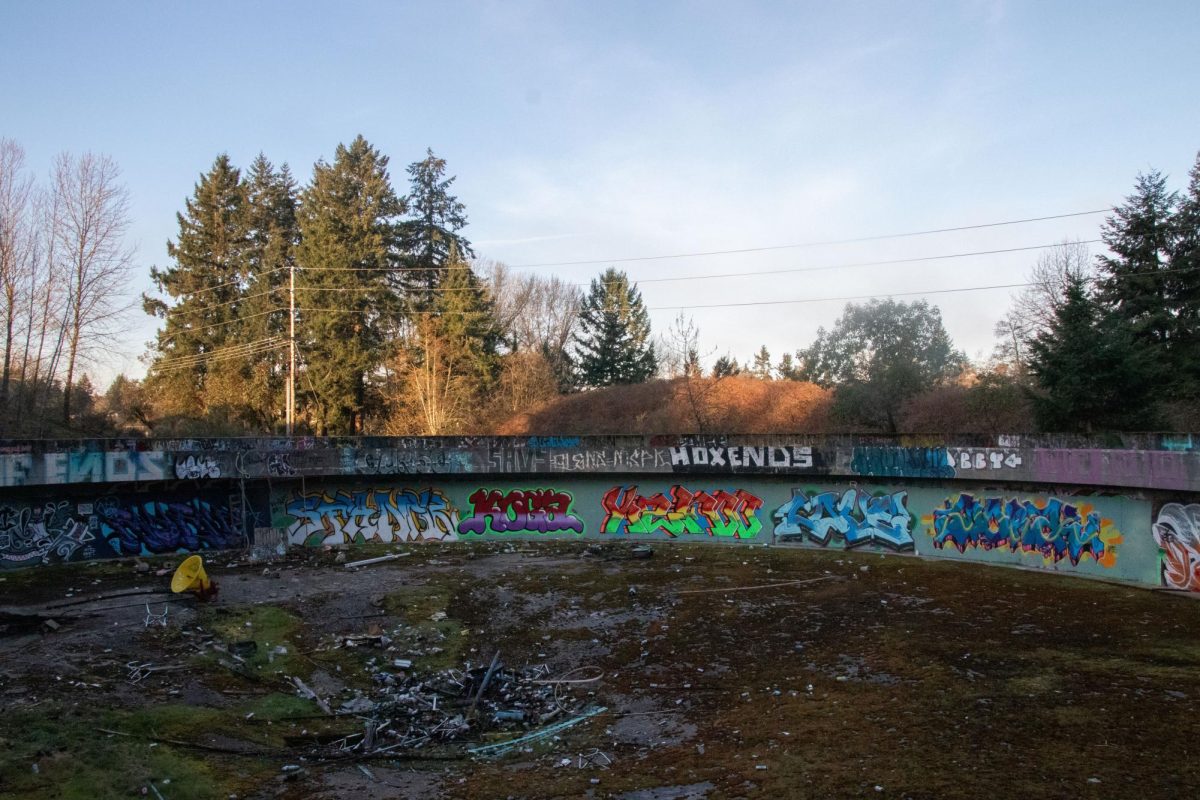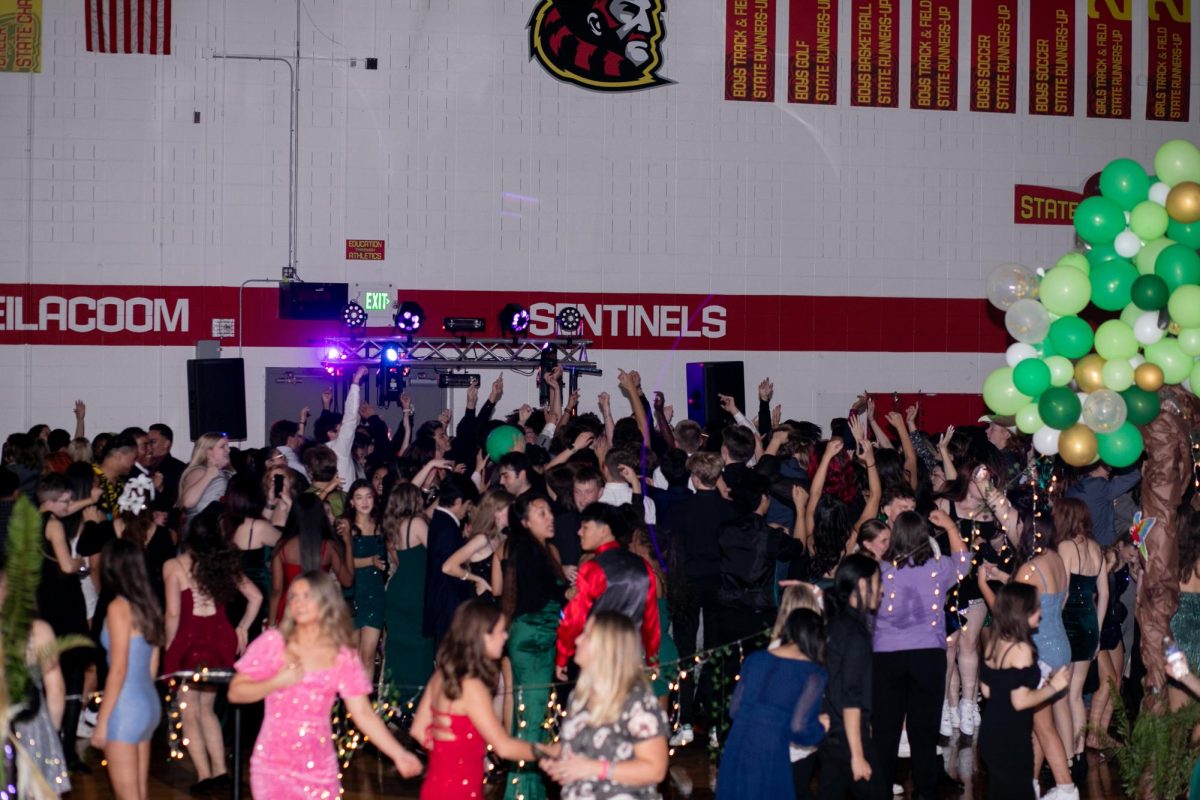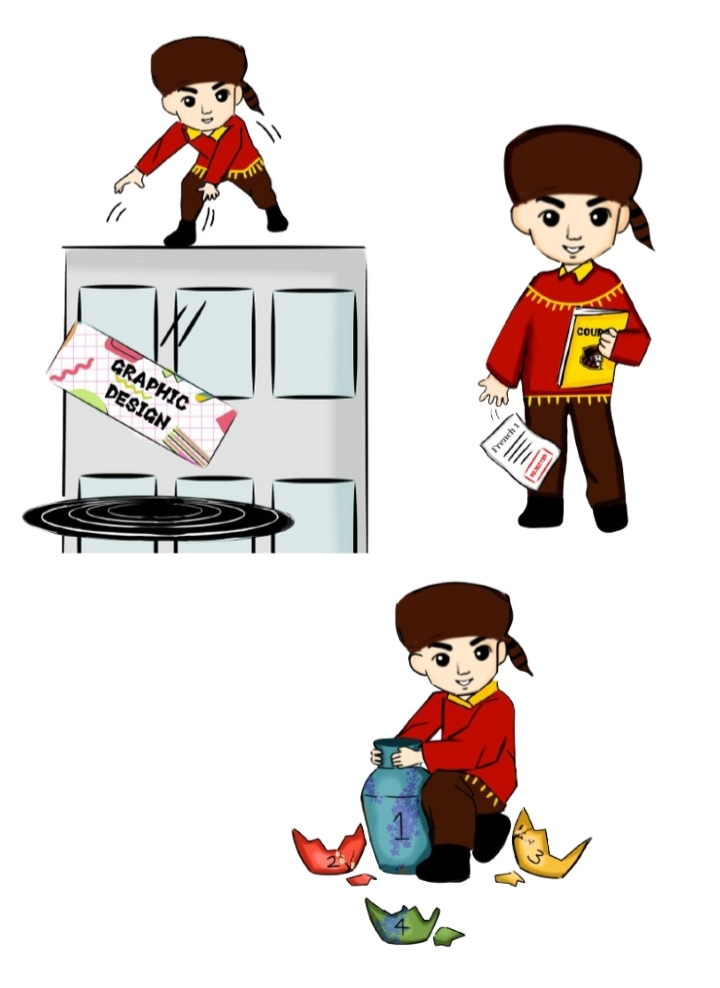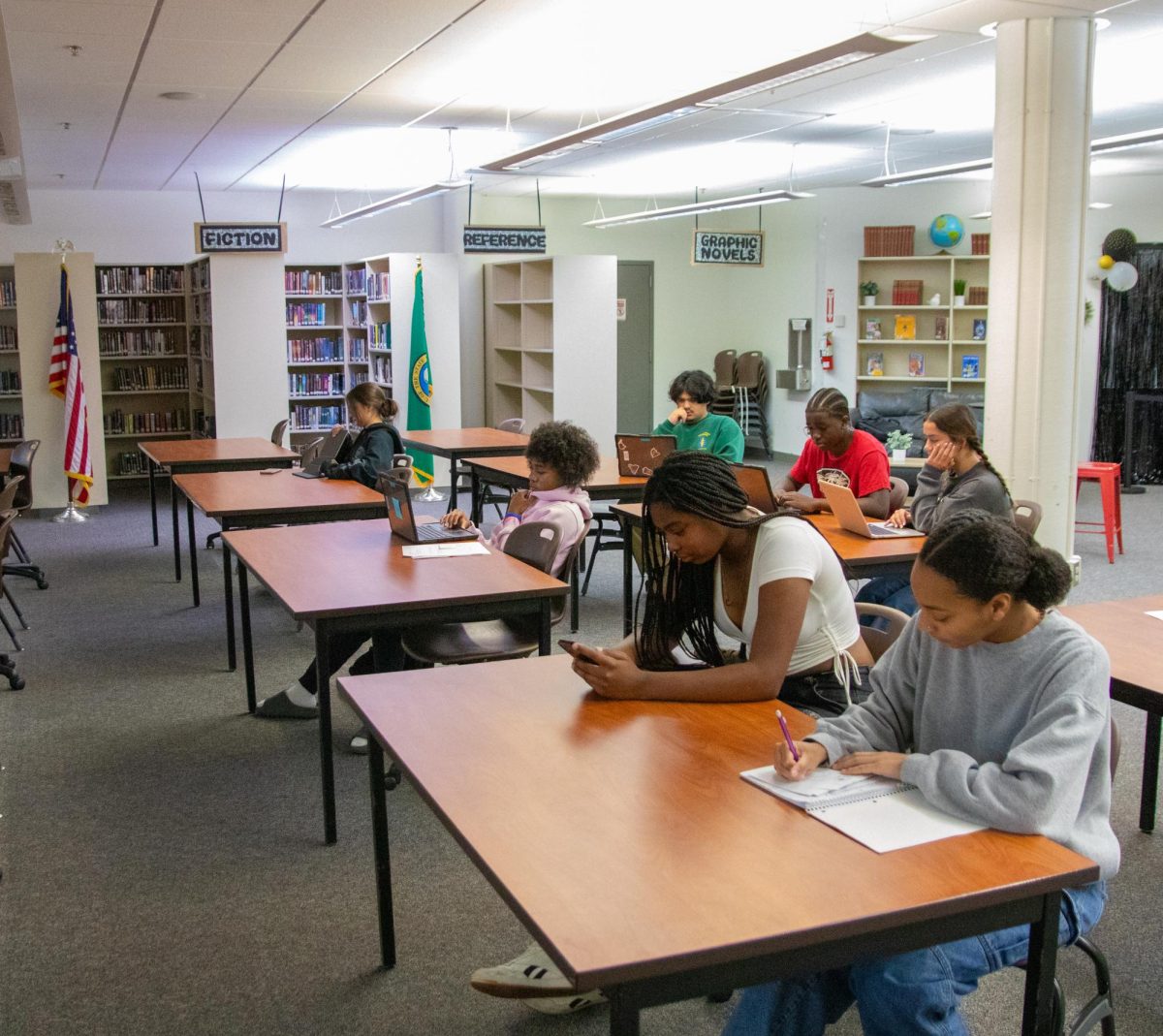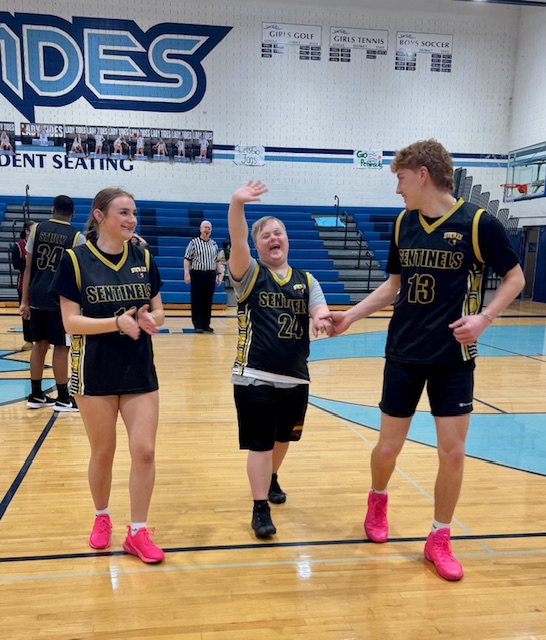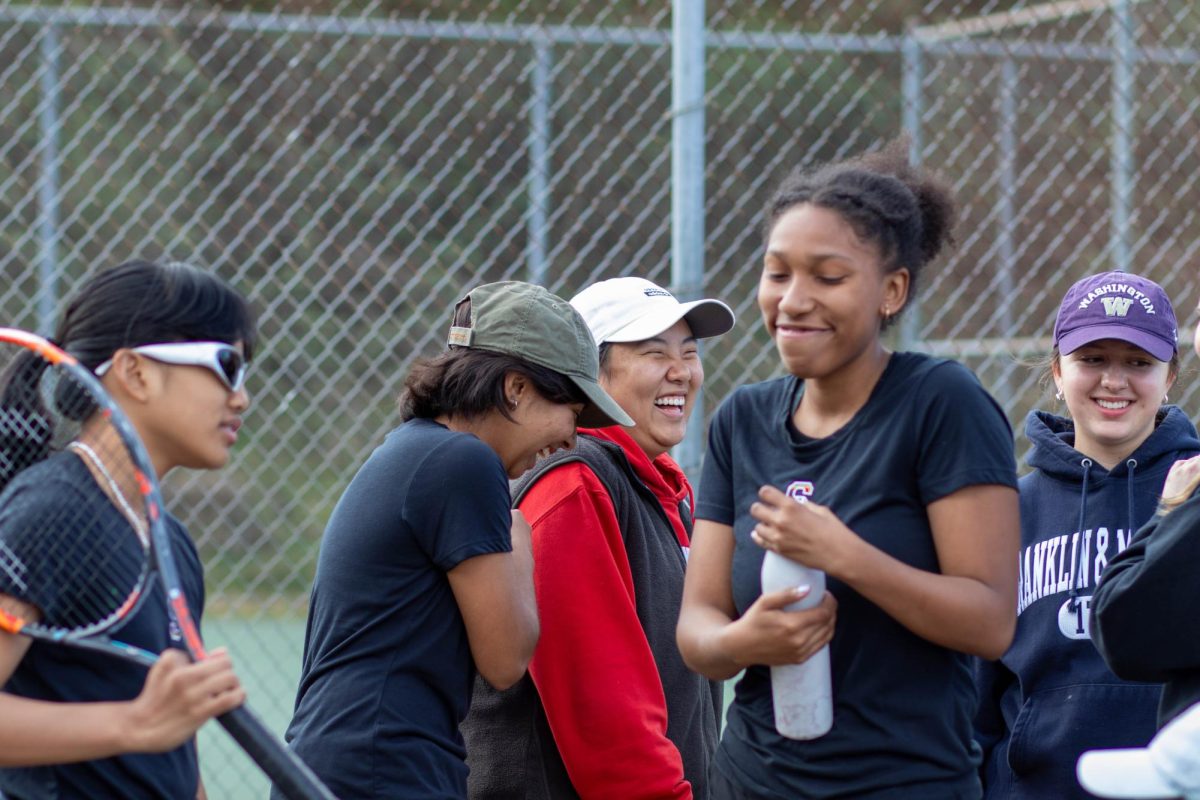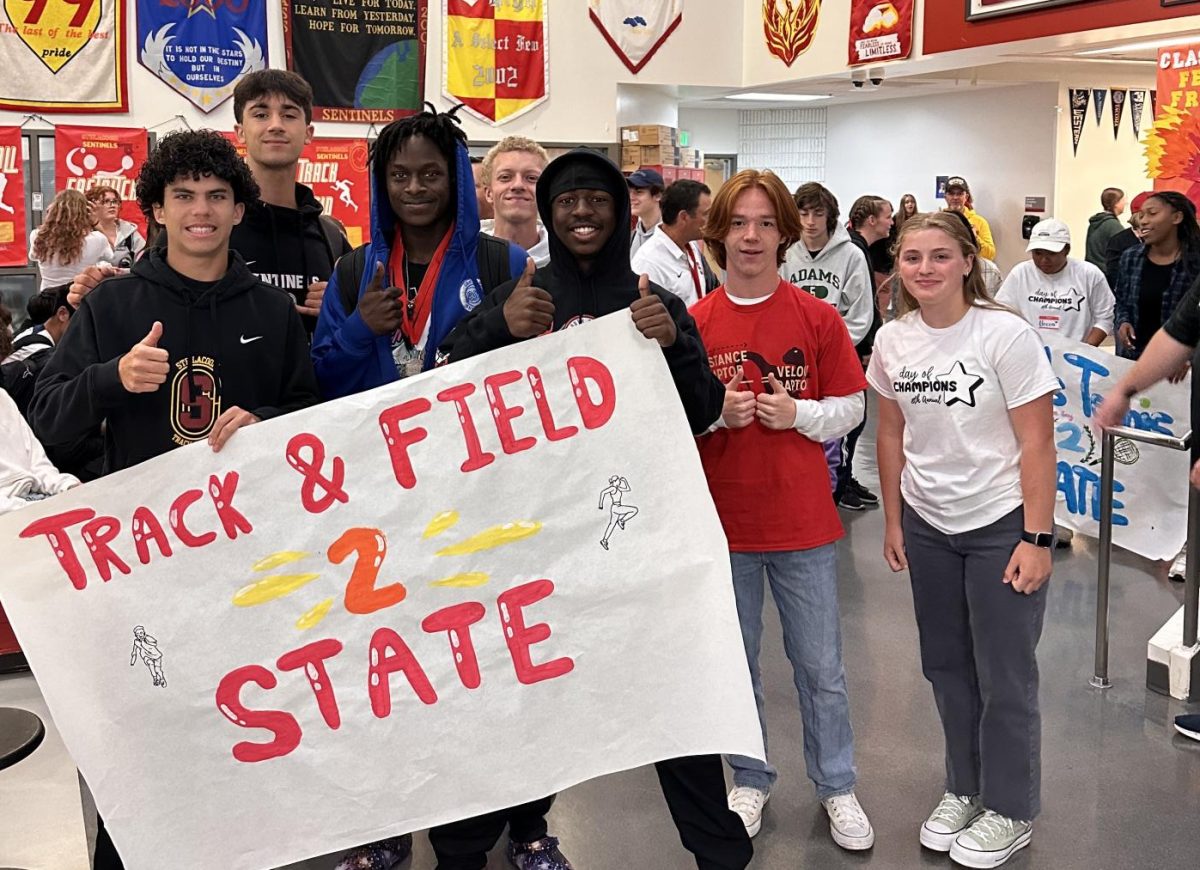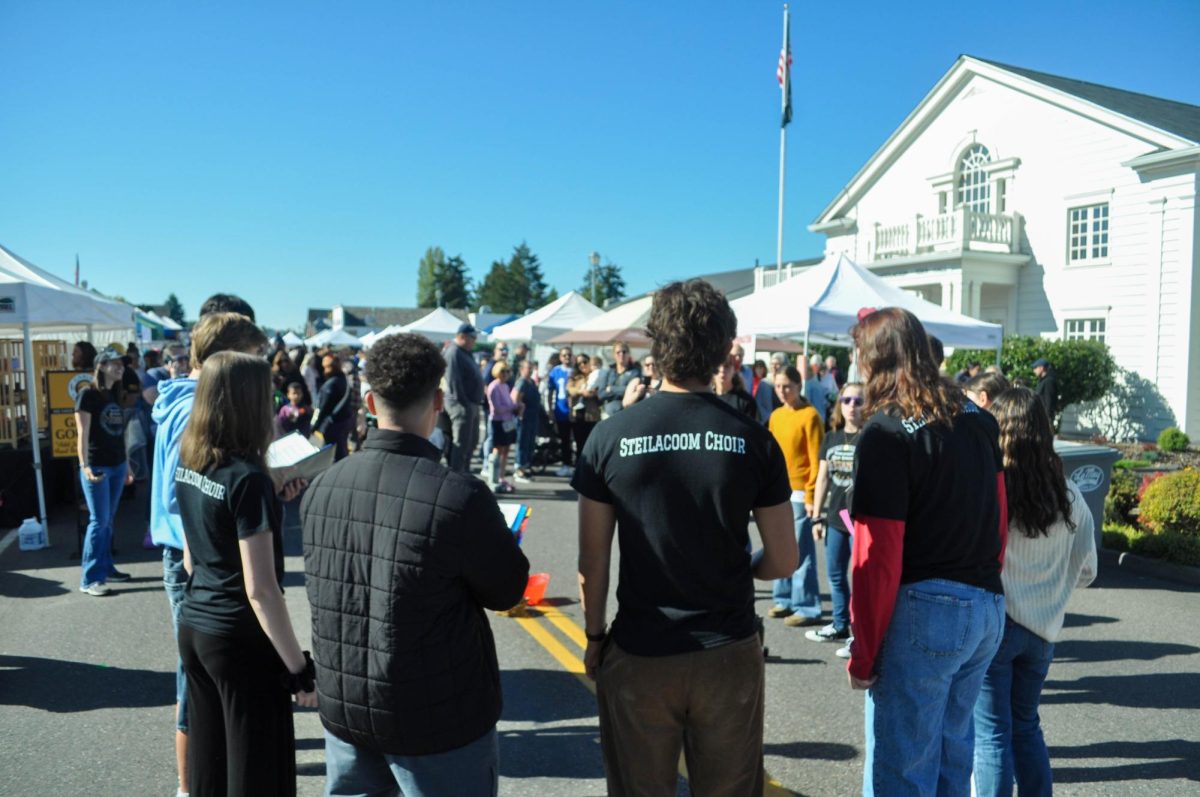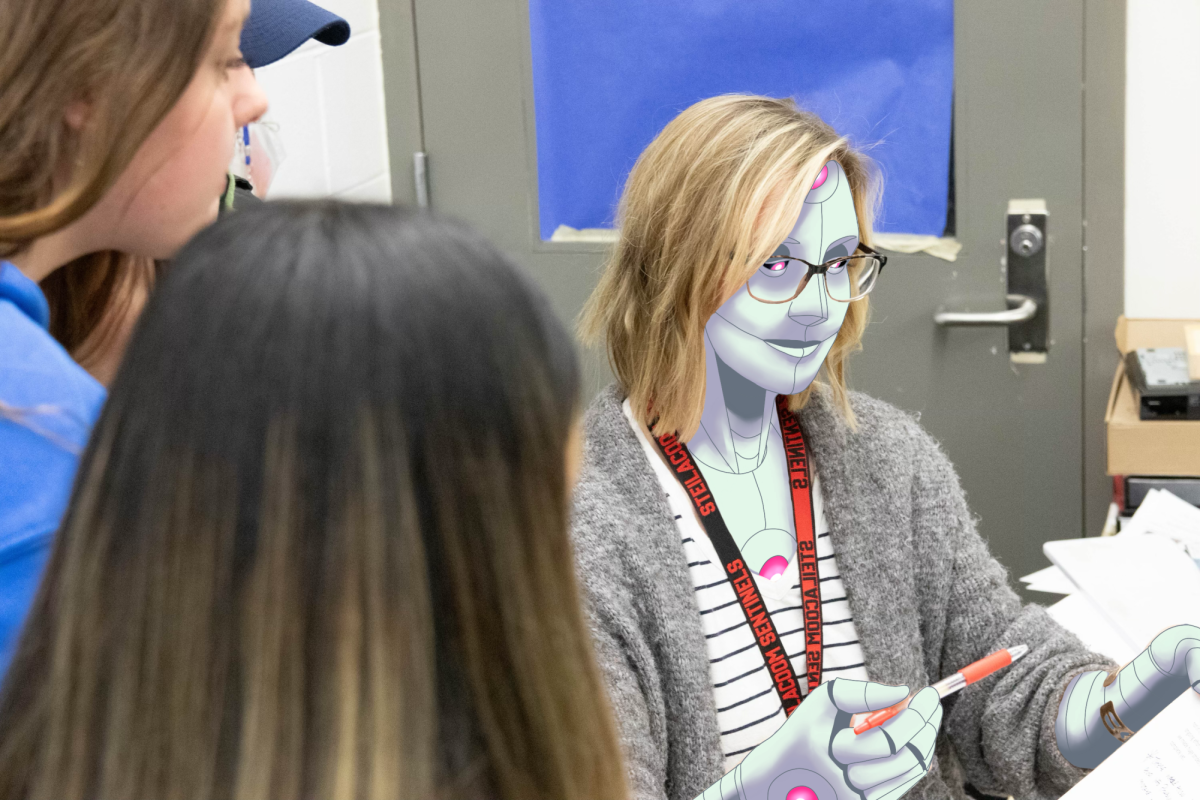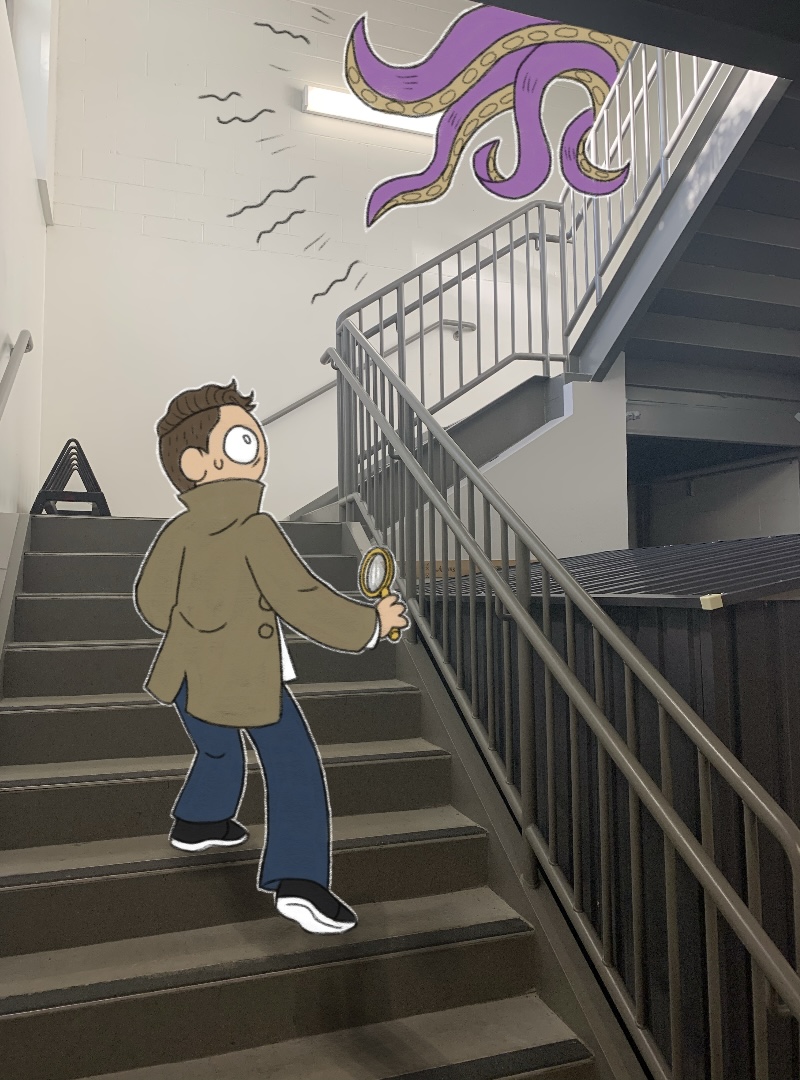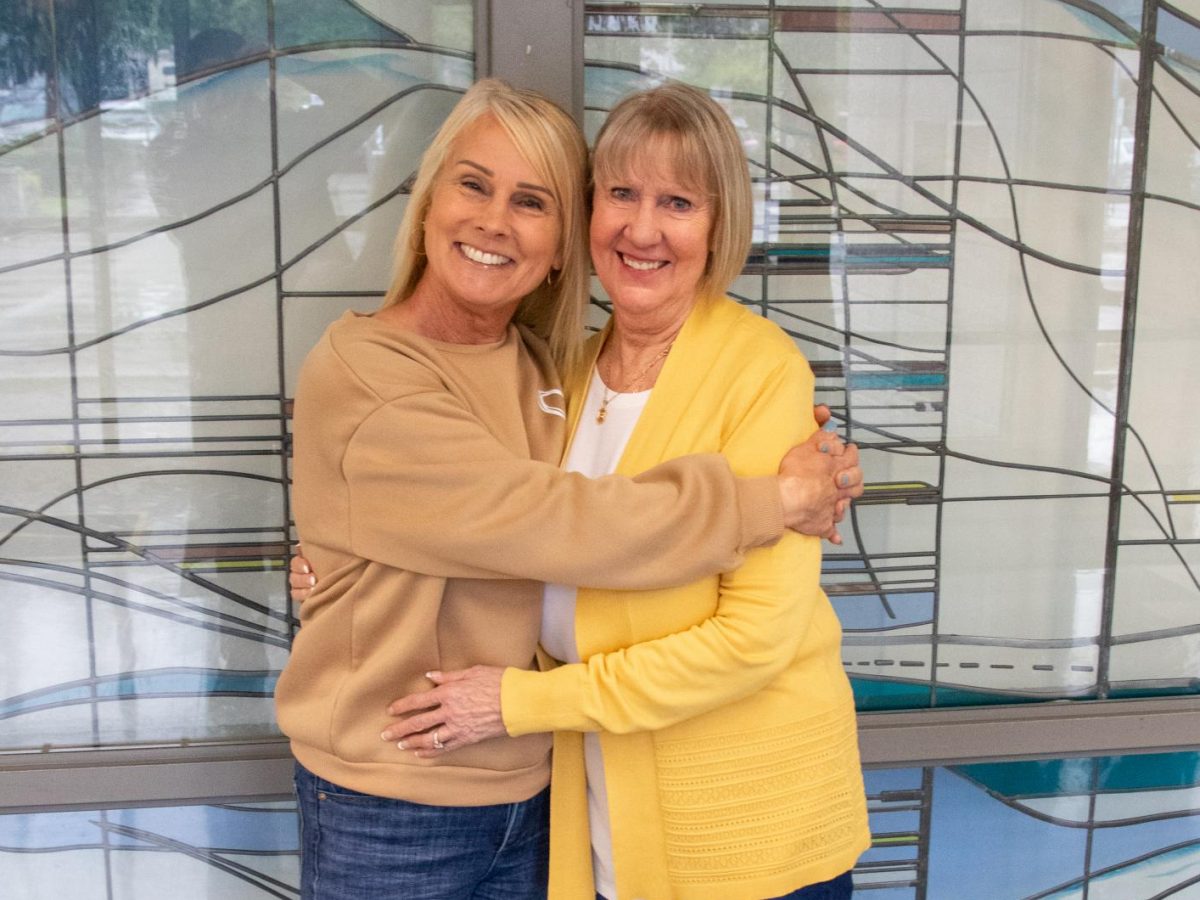Sexual assault encompasses a range of unwanted sexual behaviors, from groping to rape. It violates an individual’s autonomy, causing physical, emotional and psychological damage. Despite increased awareness, many survivors suffer in silence, burdened by shame, fear and societal stigma.
One of the most significant barriers to combating sexual assault is the silence surrounding it. Survivors often hesitate to come forward due to fear of disbelief, retaliation, or victim-blaming. Only 310 of every 1,000 sexual assaults are reported to police. (“The Criminal Justice System: Statistics”) Encouraging open dialogue and providing safe spaces for survivors to share their experiences without judgment are crucial steps in fostering a culture of support and understanding.
Education plays a pivotal role in preventing sexual assault. Comprehensive sex education programs can teach individuals about consent, boundaries and respectful relationships. By challenging harmful stereotypes and promoting empathy and respect, we can cultivate a society where sexual violence is not tolerated.
Empowerment lies at the heart of sexual assault awareness. It involves empowering survivors to reclaim their voices, empowering bystanders to intervene and speak out against misconduct and empowering communities to advocate for systemic change. By standing together and amplifying survivors’ voices, we can drive meaningful societal transformation.
Support is essential for healing. Accessible resources such as counseling, hotlines and support groups provide crucial emotional support and guidance. It’s important to prioritize survivor-centric approaches, ensuring that survivors are believed, supported, and empowered to seek justice on their terms.

